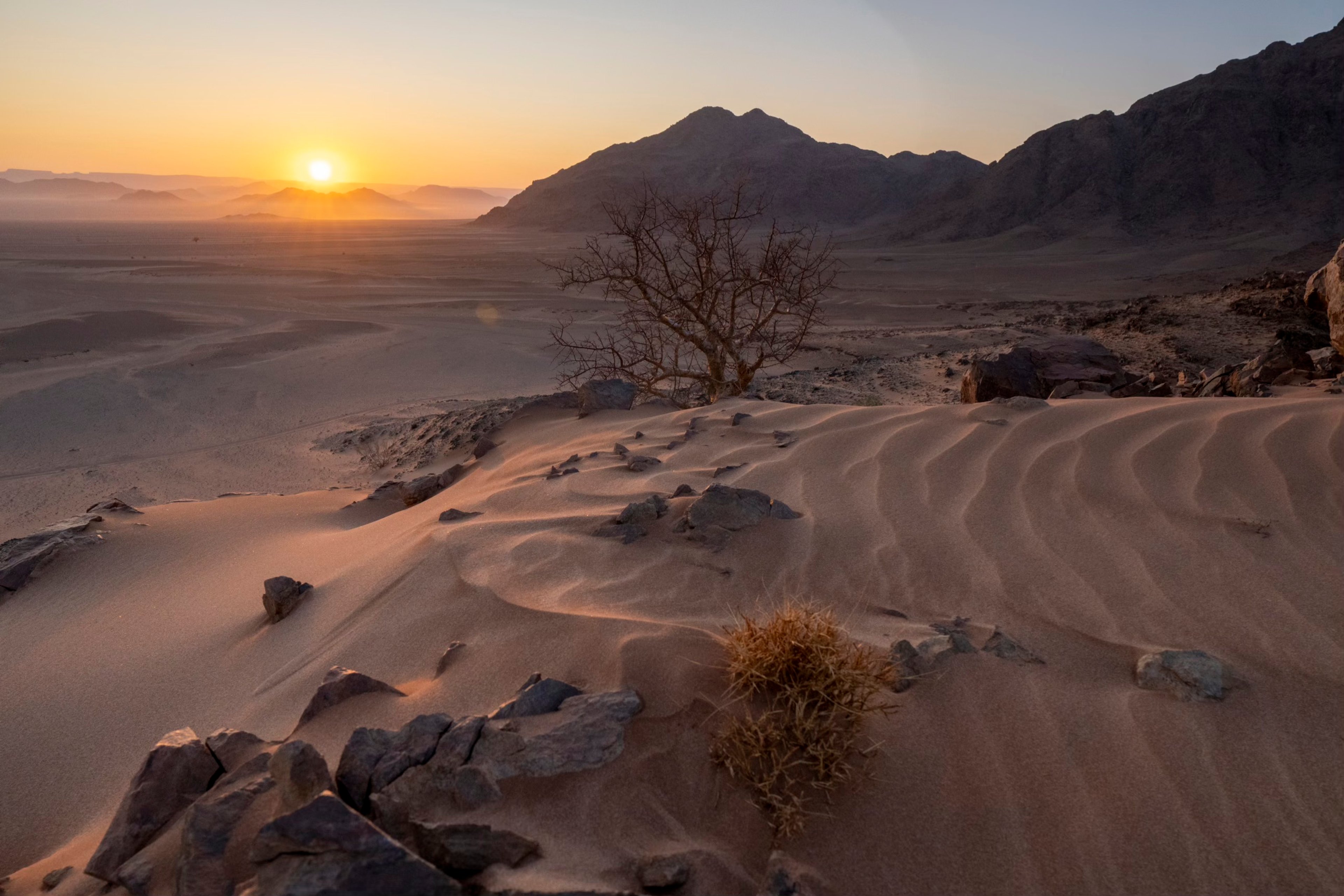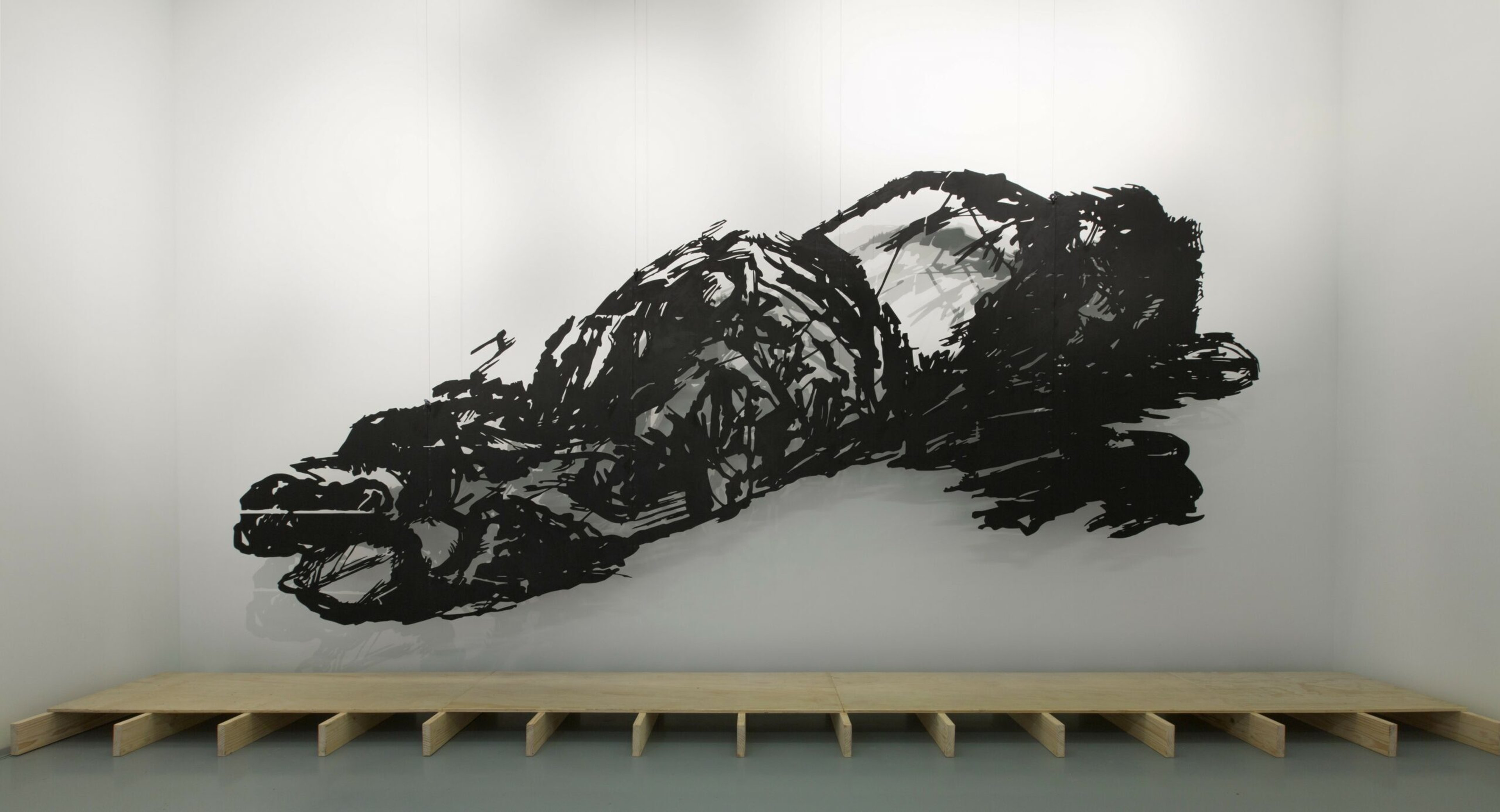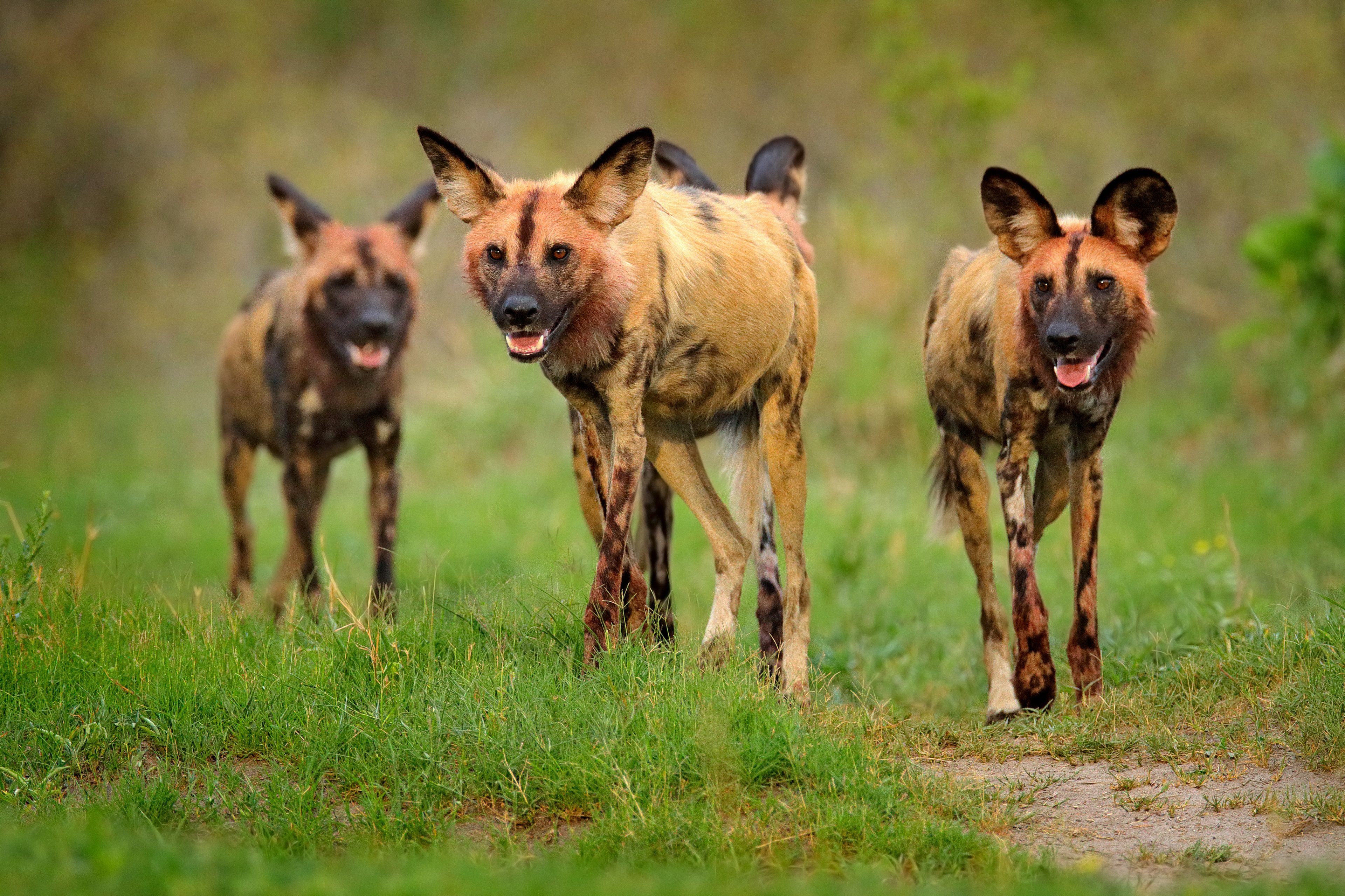When I think about the sources of support and inspiration in my life – my friends, my mentors, my anchors – I think of women. And yet, the lack of recognition granted to so many of these pioneering women in the safari industry (the pilots, guides, conservationists, chefs, and countless others) has long infuriated me.
My fervent desire to shatter the patriarchal status quo led to the creation of our first three ROAR AFRICA Women’s Empowerment Retreats in South Africa, Kenya, and Rwanda respectively, with a fourth retreat set to take place in Zimbabwe next year. The tangible impact of introducing an international brigade of female philanthropists, filmmakers, impact investors, and entrepreneurs to their African counterparts has soared far beyond my greatest expectations. From solving conservation issues to cultivating community, from driving humans and animals away from conflict and toward peaceful coexistence, it gives me great pleasure to share the seeds of change that these brave women have sown…
Turning the tide
That so many of our guests are repeat participants in this retreat is a testament to the community and concrete impact we’ve created together. The last three years have seen educational opportunities, scholarships, documentaries, funding for conservation projects, TED Talks, and new businesses for African women stem directly from that first trip in 2019.
“We're working now with so many women in over 60 human-elephant conflict sites in 19 countries in Africa and Asia to build these beehive fences.” – Dr Lucy King
For starters, there’s the “Magic Grant” from the Helen Gurley Brown (HGB) Foundation to zoologist Dr Lucy King to fund a series of beehive fences bordering farms and local communities in the Tsavo region. Dr King’s groundbreaking idea has drastically reduced crop raiding, enabling residents to make money off the resulting honey while creating a safe and peaceful boundary between humans and elephants. A second grant from the HGB Foundation, for innovation, expanded the project’s horizons further, paying five staff salaries, establishing a girls’ club to support vulnerable local teenagers, and training beekeepers. Invited by our Women’s Empowerment Retreat co-host, the inimitable Pat Mitchell, Dr King gave a powerful TED Talk (which has received an astounding 2.4 million views) detailing the struggles and successes of her initiative. She has recently released a book detailing her fascinating experiences.
Resson Kantai Duff, the visionary deputy director of Ewaso Lions and a speaker on our second retreat, was also invited to give a TED Talk. Resson works primarily in the Samburu region, where she champions leadership from local people as a conservation model. Her initiatives have tripled the local lion population and transformed tightly held patriarchal attitudes about the place of women in society. “Women must be as much a part of the solution as men,” says Resson. Munteli, a woman from the traditional Samburu tribe, is a living embodiment of the empowerment and inclusion for which Resson fights. This courageous custodian of the wild has learned to drive a car, read and write, and now speaks three languages in her work tracking and protecting the lions amongst which she lives.
To see these women take to the world stage and educate us on topics about which many know so little is as heartwarming as it is inspiring. They are more deeply connected to the earth and to critical causes worth fighting for – nature, wildlife, cultural understanding, equality, education – than so much of the noise dominating our conversations allows us to be. And without our women’s trip, the subsequent invitations to join the TED platform, to open up new career paths, make films, create jobs, share insights and ideas, and ultimately, experience the joy shared by this community, would not have happened.
Education that empowers and inspires
These stories of concrete impact don’t stop with the land, they stretch into the sea, too. Investor and women’s health advocate Cristina Ljungberg and women’s empowerment activist Lisa Schejola Akin, guests on our 2019 and 2020 retreats, learned of NEWF Community Cinema from speaker Paula Kahumbu. NEWF, a platform that addresses the shocking lack of African filmmakers in the conservation space, inspired Cristina and Lisa, who funded two East African marine biologists for a NEWF Dive Labs program. Both guests are involved in the documentary industry as investors and producers, and funding African underwater filmmakers was tremendously meaningful to them. Cristina went on to visit the program in South Africa’s Sodwana Bay with her son and was delighted to meet 10 newly minted female dive masters. Further cultural investment in the film space came from Geralyn Dreyfous, the co-founder of Impact Partners (a production company funding films that focus on social issues) and founder of the Utah Film Center. Geralyn is supporting five documentaries to be filmed in Kenya, the site of our 2021 trip, on which she was a guest.
The path to empowerment is paved by education. ROAR AFRICA is in its third year of funding a paid internship and scholarship for a female Zimbabwean student at the South Africa College of Tourism (SACT). This incredible, highly practical education initiative is led by executive director Mariette Ferreira, also a recipient of a “Magic Grant” from the HGB Foundation following our first Women’s Empowerment trip. This crucial funding received by SACT changed the lives of countless tourism students and future rangers at the school’s Tracking Academy. These young women often go on to work at some of Africa’s best lodges, gaining invaluable experience, exposure to global travellers, entrepreneurial skills, and, most importantly, empowerment. One student even started her own catering business back home in Zimbabwe, aptly named Dial-a-Chef.
Just this past summer, five SACT students took their first-ever international flights to work at a YMCA summer camp in the United States, meeting other young students from around the world and experiencing a new country and culture while sharing their own. This intercultural exchange between women, fostering understanding and friendship while uplifting brave new voices, is what these trips are all about. That the ripples of change and opportunity are reverberating down to the next generation through the grants and funding that many of our guests feel inspired and excited to give is indescribably wonderful.
I staunchly believe that if African women rise, wildlife will thrive. Where, how, and with whom we travel can leave a huge and lasting impact. This annual retreat is an example of believing in an idea, in a cause, and watching the power of perception come into play.




